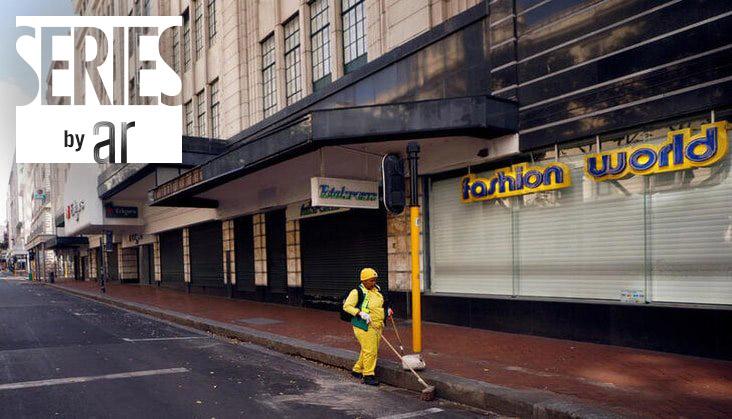Africa-Press – Lesotho. Difficulty for many customers in paying their premiums means that insurers are “likely to feel the pain for longer,” than banks, says Petri Redelinghuys, founder of Herenya Capital Advisors, an equity brokerage in Johannesburg.
The banks are providing relief to customers who can’t pay their mortgages. They are financially strong enough to do so, and will be able to earn back the delayed loan repayments.
But people who have their insurance policies cancelled for not paying their premiums might not come back once they start working again, says Redelinghuys.
They may need to be won over again as if they were new customers. That process will be harder if insurers are seen as having ducked out of legitimate claims. Reluctance to pay up means that the industry risks compounding the damage it’s facing from COVID-19.
Insurance Claims Africa (ICA), a specialist firm which assists in the preparation of claims, has condemned Santam’s decision to reject a settlement proposal from hundreds of tourism and hospitality businesses hit by COVID-19.
Santam, which claims a general insurance market share of 22% in South Africa, argues that no insurer can afford to offer widespread pandemic coverage as the premiums would be too high.
ICA says the 400 businesses it is representing bought policies that included claims arising from infectious diseases. It argues that the long court process that is likely to result will cause mass closure of tourism businesses and job losses.
Ryan Woolley, CEO of ICA, has said that it’s “unconscionable of insurers to penalise their clients for their own poor underwriting skills. ” Spanish Flu Resisting claims looks like a short-sighted strategy.
During the Spanish flu epidemic of 1918-19, South African insurance advertising sought to attract new customers by highlighting the amount that had been paid out in claims.
An *advert run at cinemas in South Africa in May 1919 said that insurance companies in the country had paid out more than one million pounds to the widows and orphans of breadwinners.
“The Epidemic May Return,” warned the advert.
“Insure to the hilt. Do it now. ” One consequence of Spanish Flu was to pave the way for the significant insurance industry growth in South Africa.
According to Stuart Jones and André Müller in The South African Economy 1910-1990, the number of insurance companies doing business in the country increased from 70 in 1917 to 90 in 1933.
In the same period, the ratio of insurance company assets to those of commercial banks climbed from 42.7% to 75%. Affordability In today’s market, the pricing of policies, as well as reluctance to pay claims, has the potential to stall increased penetration.
In terms of short-term policies which often don’t need personal contact, “life goes on,” says Owen Senzangakhona Nkomo, chief investment officer at the Inkunzi Student Accommodation Fund in Johannesburg.
Nkomo is still paying his car insurance premiums, despite the fact that his car is lying unused. But longer-term policies such as life insurance are a problem, he says: it’s hard to buy cover now as COVID-19 risk is being excluded.
Nkomo sees no lack of awareness of the need to buy insurance. People understand the benefits and are getting lots of “nudges” to buy it through their phones and online, he says.
The problem is that insurers need to design products that people can pay for. “It’s all about affordability. ” Insurers, he says, need to “adjust to the environment that we’re in” in terms of pricing.
For More News And Analysis About Lesotho Follow Africa-Press






